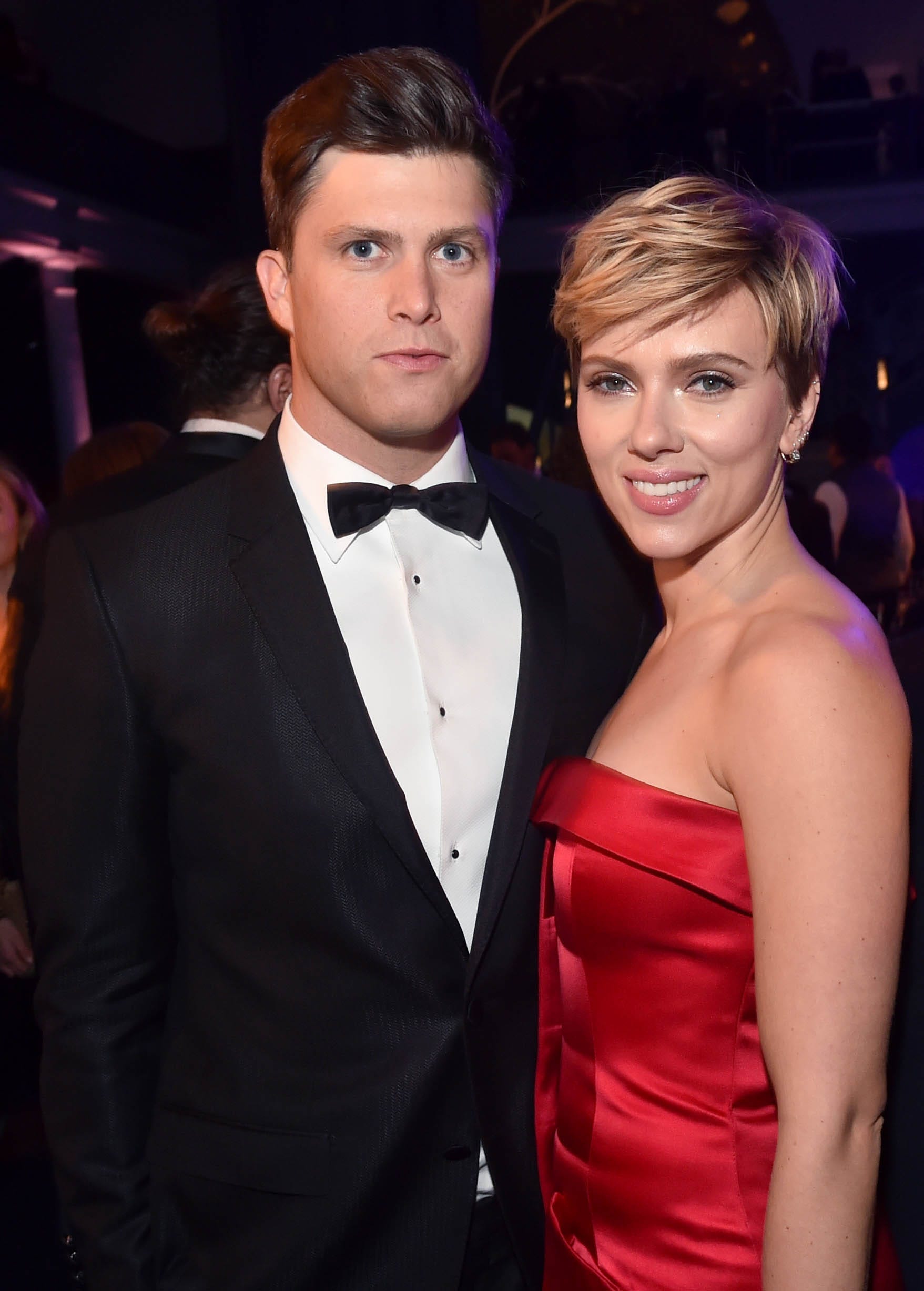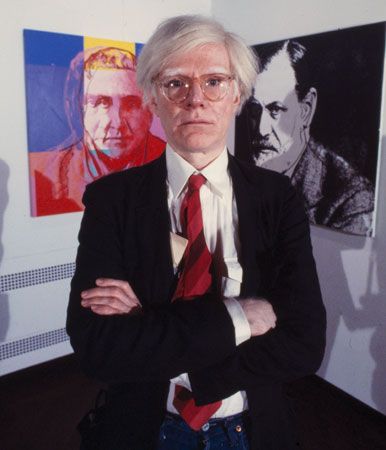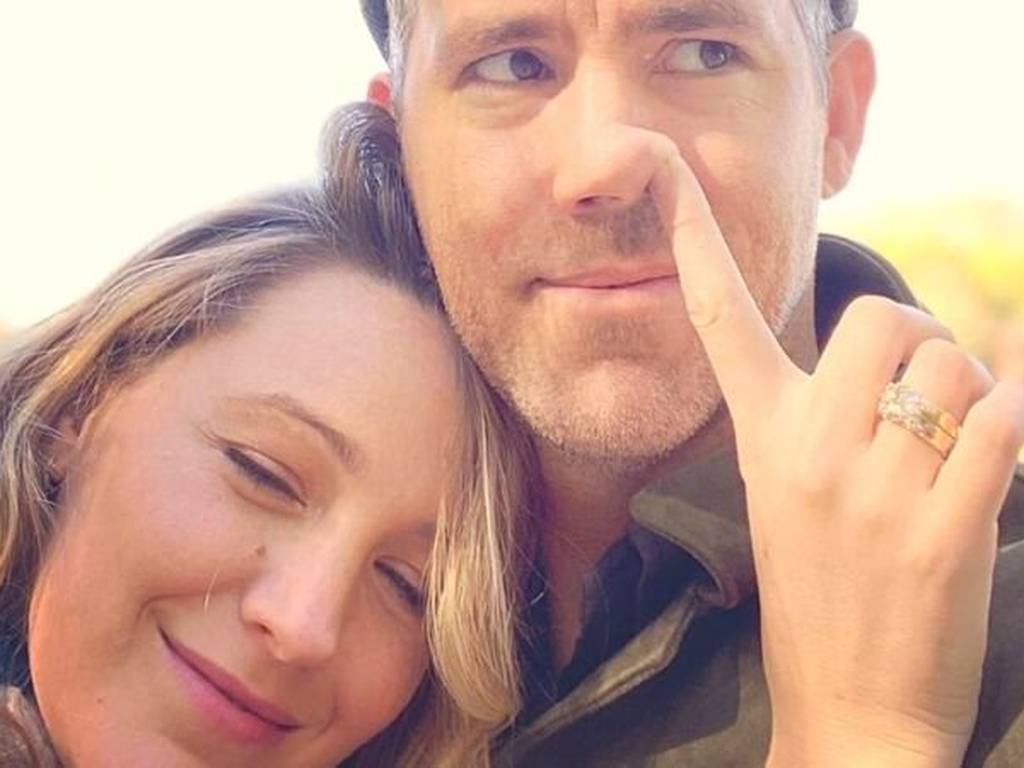
Hidden curriculum is curriculum that is mostly hidden but still reinforces the status. It can also reinforce bad behaviors and increase college enrollment rates. These hidden lessons often come out of the unconscious. It's important that you recognize them and take actions to change them.
Unwritten rules
Students are often confronted with the hidden curriculum when they go to college. This is something that is not always communicated. It can be hard for students to know what is expected or how to accomplish it. These expectations are often complex and require critical thought. Students may not always be able to challenge the message.
The way that classrooms are organized and taught is one way to identify the hidden curriculum. Sometimes, the same professor teaches two different classes on the same subject. One is held in lecture halls, the other in small classrooms. The smaller class will allow for more discussion and have greater interaction with the professor.

Unofficial messages
Unofficial messages may be sent by educators to students, which is something that teachers might not be aware of. These unofficial messages reinforce the status quo, which can lead to poor behavior such as low graduation rates and high college enrollment. However, these messages are not always received as they're intended, and students can choose which ones to act on.
One example is pronouns being used in classrooms. Students may learn to regard a teacher as an authority figure if a teacher calls them "men" instead of "tenors." Another example of hidden curriculum examples is when school music groups study only composers who were white men. This can encourage negative attitudes towards race and gender.
Unintended lessons
Many unintended lessons are taught to students in schools. It can happen in school, but also in social settings. Students of diverse backgrounds are more likely be to participate in academic lessons, and complete assignments that require them to consider different perspectives. Although these topics may not be taught in the classroom explicitly, their inclusion in the discussions helps to raise social awareness and increase sensitivity to cultural diversity.
Unintended lessons are often less visible and harder to measure than intentional curriculum. It is important to be aware of unintended lessons that may be occurring in a course, and what you can do to avoid them. Talking with course participants can help you recognize unintended lesson.

Unintended lessons learned from peers
Teachers often create lesson plans and syllabi but they aren't implemented in the way they were intended. In this article, we will look at some examples of unintended lessons from peers in the hidden curriculum. These examples illustrate the importance of clearly defining the hidden curriculum and the impact it has on students.
Hidden curriculum is a concept that has become increasingly popular in recent decades. Schools have become more aware of their own tendencies as well as assumptions due to the proliferation of ideas such "white privilege" (multicultural education).
FAQ
Who came up with the term Pop Music?
Invented by Frank Zappa. His style of music was described by Frank Zappa using the term pop music.
He said that he wanted to write music that would appeal to everyone. His music is called pop music because of this.
Zappa also invented the phrase "You Know It's Pop when ..."", which signifies that something is popular if there are many people who enjoy it. Michael Jackson's Thriller album, for example, is one of his most popular albums.
Zappa's definitions are very different to the present definition of pop music. Pop music is today all music. However, in the past, only certain genres of music were considered to be pop.
What is pop culture of today?
Pop Culture is the art form of the 21st century. It includes all types of entertainment including music, film TV, videogames, fashion and advertising. Neil Postman, an author, coined the term "pop" in his 1985 book Amusing Ourselves. Pop is a type of mass communication that relies on cheap tricks or formulaic devices to give the illusion of spontaneity.
However, he said that most people don’t enjoy true enjoyment because their culture has conditioned them to want media experiences that make it seem superior to others. He also said that this kind of cultural expression contributed to the decline of critical thinking skills in young adults.
Pop culture is sometimes also called popular culture, consumerism, or pop culture.
How did pop culture develop?
The development of popular culture was driven by technology. As people became more mobile, it developed. The invention of the radio enabled mass communication. This led to the rise of television which then gave birth to the internet.
Computers became popular at home when people were introduced to computer games. These games were originally played on consoles like Sony Playstation 3 or the Nintendo Wii. They are now becoming available for free online. Many young people now prefer video games to watching television.
Video games are extremely popular with teenagers and kids. They can be played alone or with friends via the internet. Call Of Duty and Grand Theft Auto games are very violent. Some parents worry about their children playing these games. Some people find it thrilling to see what happens when a character is killed.
Music videos are another way that pop culture influences youth. They feature celebrities and information about current trends. These celebrities are a favorite of young people. Music is an integral part of our lives.
Special effects are used to enhance songs in music videos. Rappers may use makeup and wigs to make themselves more appealing. Others musicians go through extreme physical challenges in order to showcase their bodies. Many singers sing in costumes.
Music is available in a wide variety of formats today. You can find any type of music that you desire. But this isn't always good news. Music can sometimes encourage violence. People get angry if they hear certain words or lyrics. Sometimes, they even commit crimes.
50 Cent was one of the victims. His song Get Rich Or Die Trying features a line: "I'm going to shoot a motherfucker down / I don't know why but I just might." When someone heard this song, they thought it meant that he would kill someone. A man threatened to kill him, and called him. So 50 Cent changed the lyrics. It now reads: "I'll shoot an inchch down/ I'm not sure why, but I may."
Popular culture is essential. We must understand its effects on us. We won't be able protect ourselves from its negative effects if we don't.
How did pop music become popular?
It was an accident. The first song was written by mistake when someone accidentally knocked over a piano while playing around on New Year's Eve in 1920.
The recording company loved what they heard so they decided to release the single.
This became the first recorded hit single.
Pop music has been the most loved form of musical entertainment since then.
What are some examples of pop culture in 2020?
Music is rapidly changing. This year, artists like Travis Scott, Post Malone and Billie Eilish all reached number one on Billboard's Hot 100 charts. This was a remarkable achievement for any artist.
This is also true for streaming services. Spotify reported that they streamed over 10 billion hours of audio content last year alone. This is 5x the amount of audio content Spotify users listen to today, compared to just five year ago.
This has resulted in a major shift in the way people consume media. Nowadays, most people are more interested in consuming content than creating.
Everyone, from toddlers to seniors, has an access point to high-quality audio content. Anyone can record, edit, mix and release their music.
It's no longer necessary to go to university and study classical instrumentation to be able to play your favorite song. You can simply download an app, add your voice, and upload them to YouTube.
If you don't feel like making music, why not just watch? You can find countless channels that make videos of songs, from parodies to covers.
How can we avoid the dangers posed by pop culture?
We must first recognize when pop music is influencing our lives. We must then make sure we aren't being influenced by pop culture. Here are some ways you can avoid being influenced by bad influences
-
Avoid watching violent TV shows like Game Of Thrones.
-
Spend no time surfing the Internet. Instead, learn from books.
-
Pay less attention to television. Spend your free time doing healthy activities.
-
Be careful about what you say online. Remember that you can never delete comments once they've been posted.
-
Verify that the websites you visit contain security measures. Before entering personal information, ensure that they are checked.
-
Don't let anyone pressure you into doing dangerous things.
Talk to someone if pop culture is a problem. You can call your local library or the National Center For Missing & Exploited Children (1-800-THE-LOST).
What can pop culture teach you?
Today's society values material possessions over all else. This is especially true for younger people. They spend hours every day looking at screens. They surf the internet, watch movies, and play video games. All of this distracts them from focusing on school work. They end up failing classes as a result.
The world we live in is one where everyone wants the same thing. That means being popular. Popularity depends on money, clothes, and other possessions. This makes it easy for some people to do wrong.
Technology has made us dependent. All information is available to us thanks to technology. Unfortunately, not everything is accurate. False rumors are floating around the Internet. These rumors spread quickly as people share them via social media. It's easy just to post something and not verify its authenticity.
People have lost their ability to think critically. People believe everything they see on the Internet. They believe what is written in magazines and on television. They stop thinking about themselves. They follow the crowd instead.
We lose control when we rely on other people to tell us what's up. Pop culture teaches that we should depend on other people. It can also make us lazy. While the truth is often out there, we don't always know it.
Statistics
- According to CNBC.com, “more than 70% of the film's revenue came from countries outside the US” (https://www.cnbc.com/2019/01/08/aqua...nal-sales.html, ret. 8/18/19). (socialsci.libretexts.org)
- In 1987, US films captured 56% of the European film market. (socialsci.libretexts.org)
- [17][18][19]Definition[edit]According to author John Storey, there are various definitions of popular culture. (en.wikipedia.org)
- Less than a decade later, that statistic rose to 90% (Dager, n.d.). (socialsci.libretexts.org)
- For example, the term hater meaning someone who strongly undermines or criticizes others, often due to pathetic jealousy, likely emerged from hip hop culture, such as the term playa hateras, used by influential rapper Biggie Smalls as early as 1995. (simplicable.com)
External Links
How To
What are some famous pop culture references?
In the 1960s, Americans were obsessed with space travel. Star Trek was the most popular TV series at that time.
The original series aired from 1966 to 1969 on NBC. The series starred William Shatner playing Captain Kirk, Leonard Nimoy portraying Mr. Spock and DeForest Kelley portraying Dr. McCoy. James Doohan played Scotty. Majel Barrett Roddenberry was Uhura. Nichelle Nichols was Lieutenant Nyota Uhura. Walter Koenig was Pavel Chekov. Grace Lee Whitney was Yeoman Janice Rand. (Wikipedia)
The first feature film made from the series' story was released in 1967. Paramount Pictures released the film, titled "Star Trek." The movie, directed by Robert Wise, featured an ensemble cast including William Shatner, Leonard Nimoy, DeForest Kelley, James Doohan, Walter Koenig, Majel Barrett, Roland Nichelle Nichols, George Takei, and Grace Lee Whitney. (Wikipedia)
In 1968, the second season of the television series began airing. This season featured the crew travelling back in time to 1969. (Wikipedia)
In 1971, the third season began airing. This season introduced a new character called Commander Richard A. Morn. He was a Starfleet officer who had been born on Earth in 2063. (Wikipedia)
"Star Trek: Planet of the Apes", a live action spinoff was also available during this time. It aired between 1972-74. (Wikipedia)
In 1973, the fourth season of the television series debuted. The fourth season featured two new characters, Ensign Ro Laren (Lt. Ilia) and Ensign Ro Laren (Ensign Ro Laren). They were both played by Marina Sirtis. (Wikipedia)
In 1975, the fifth series of the television series aired. It was the last season to air before the franchise went into hiatus. (Wikipedia)
There were several attempts to revive the series after it was cancelled. Some of them included the 1977 pilot episode "Where No Man Has Gone Before" which was not able to find a studio or network partner. (Wikipedia)
Star Trek: New Voyages is an animated series that aired in 1998. It aired only 13 episodes. (Wikipedia).
After a seven-year break, the sixth series of the television series returned to the screen in 2009. It was entitled "Enterprise". It ran for five seasons until 2013. (Wikipedia)
There were also three feature films produced during this era. The first movie was released on September 12, 1979. It was known as "Star Trek: The Motion Picture." Nicholas Meyer directed the film. It featured William Shatner (starring James Doohan), Leonard Nimoy. Walter Koenig. Majel Bart Roddy and Ricardo Montalban. (Wikipedia)
The following two movies were released respectively in 1982 and 1987. They were named "Star Trek II, The Wrath of Khan" ("Star Trek III: The Search For Spock") and "Star Trek III: The Search For Spock ("Star Trek III: The Search For Spock). Nicholas Meyer directed both these movies. (Wikipedia)
The seventh season of the TV series aired in 2001. It was titled "Encounter at Farpoint". It was the debut episode of the show's era without guest stars. (Wikipedia)
2005 saw the airing of the final episode. It was titled "All Good Things ...".." It was written by Ronald D. Moore. David Livingston directed this film. (Wikipedia.)
Star Trek TV Show premiered 2008 with a brand new series. It was called Trek Nation. It is currently being aired on CBS. (Wikipedia). "Trek Nation," a show about people from all walks of life, is about how they come together to create their own version of the United Federation of Planets. Their goal is to bring peace and harmony to other planets. (Wikipedia). "Trek Nation" is a very interesting concept because it shows how diverse people can come together and create something good. (YouTube Video)
It is a good idea to read books about Star Trek's timeline. You can start with the book "Star Trek Chronology" by Gary Wolfe. You can find many more books online.